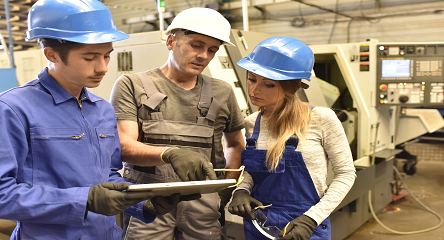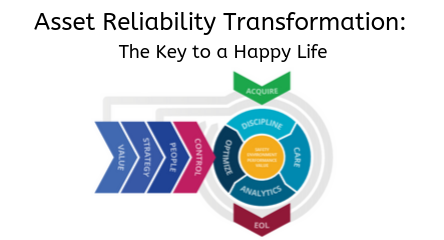Based on: https://www2.lce.com/5-Tips-for-Improved-Coaching-Skills-1374.html
In our interactions with clients, we often witness leaders grappling with the art of coaching. Effective coaching is a cornerstone of successful leadership, inspiring and motivating employees while nurturing the future leaders of an organization. Drawing from my experiences working with esteemed leaders worldwide, I’ll share five key behaviors that set these effective coaches apart. By incorporating these insights into your coaching approach, you can enhance your leadership skills and, in turn, empower your most valuable assets—your employees.
1. Reflect on Your Role: Leadership entails accountability, and that extends to employee development. You are responsible for developing the next generation of leadership for your team. As a coach, you’re responsible for guiding and fostering growth in your team. When setbacks occur, remember that their failures reflect on your leadership. A high-end football coach takes responsibility for a loss and then addresses the needed corrections, he does not blame his players. Viewing your employees as mirrors of your leadership style is a fundamental mindset shift that encourages self-improvement.
2. Set Clear Expectations: Effective coaching hinges on setting unambiguous expectations. Employees should have a crystal-clear understanding of what is expected of them. Ambiguous goals can lead to unintended outcomes. For example, when requesting employees to meet production targets, ensure clarity on safety, production costs, equipment maintenance, and overtime considerations. Align actions, outcomes, and accountability for optimal goal achievement. Regularly revisit and reinforce these expectations to maintain team alignment toward a shared vision
3. Embrace the Gemba Philosophy: In lean manufacturing, “Gemba” means “the real place,” typically referring to the factory floor. Effective coaching should take place in the field, not behind a desk. Just as a sports coach is present on the field, leaders should meet employees where they work. This face-to-face approach fosters stronger connections and enables you to “inspect what you expect.” Your presence in the workplace can serve as a source of inspiration and motivation, and it’s a responsibility that cannot be delegated.
4. Ask Open-Ended Questions: Active listening and skillful questioning are pivotal coaching skills. Engage in active listening and employ open-ended questions to initiate productive dialogues. Your goal is to guide conversations, not dominate them. Ensure comprehension by confirming that your messages are not only heard but also understood. Shift from closed-ended questions (e.g., yes/no queries) to open-ended inquiries to stimulate meaningful discussions and encourage thoughtful responses.
5. Avoid Over-Enabling: While swiftly solving problems may yield short-term results, it can lead to learned helplessness within your team over time. Encourage a learning process by allowing employees to devise their solutions. Offer guidance and insights, but the ultimate solution should be owned by the employee, fostering greater commitment to the idea. Over time, this approach cultivates a confident, capable, and self-reliant team. . As George Patton said “Never tell people how to do things. Tell them what to do and they will surprise you with their ingenuity.”
Effective coaching and employee development are crucial aspects of active leadership. Exceptional leaders who excel at coaching can inspire their team members to become outstanding leaders in their own right. When we empower our employees to thrive, it reflects positively on our own leadership. Effective leaders foster teams that excel in cooperation, communication, and collaboration, ultimately achieving exceptional results.





